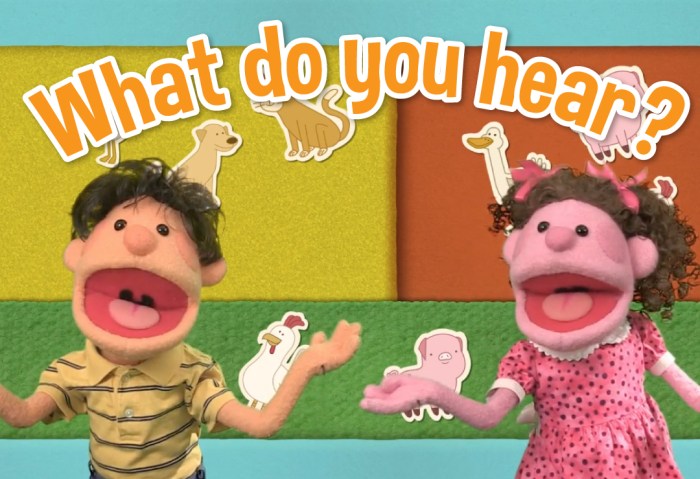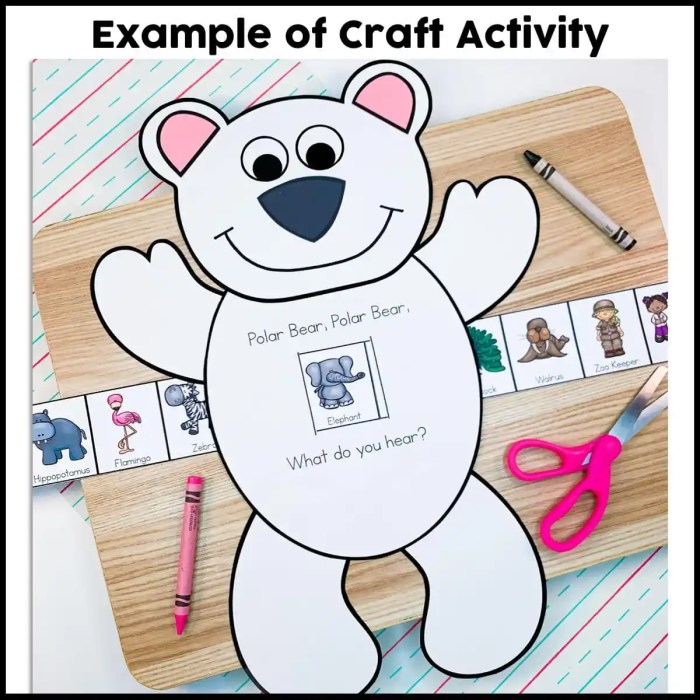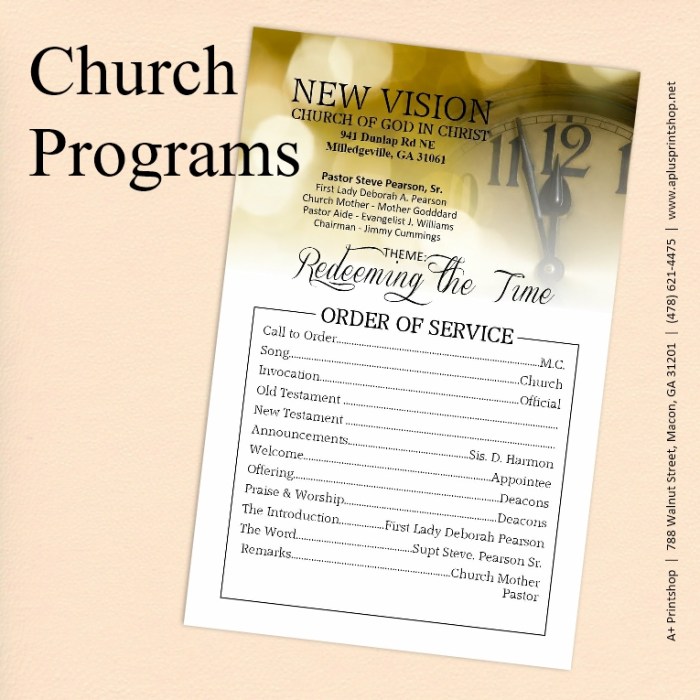With “you hear: los programas musicales son divertidos. you write: divertidos” at the forefront, this essay embarks on a journey exploring the multifaceted world of musical programs. These programs captivate audiences, impart knowledge, and serve as cultural touchstones, leaving an indelible mark on our society.
Musical programs offer an unparalleled blend of entertainment and education, catering to diverse tastes and fostering a deeper appreciation for music. They provide a platform for cultural expression, bridging communities and promoting understanding. Furthermore, the therapeutic benefits of music are harnessed through these programs, contributing to mental and emotional well-being.
Musical Programs: Entertainment and Enjoyment

Musical programs offer a plethora of entertainment and enjoyment to listeners. They showcase diverse musical genres, catering to the preferences of various audiences. Popular musical programs have significantly impacted the entertainment industry, attracting large followings and generating substantial revenue.
Variety of Musical Genres
- Classical music: Orchestral performances, operas, and chamber music.
- Pop music: Contemporary popular songs characterized by catchy melodies and lyrics.
- Rock music: Electric guitar-driven music with a strong beat and energetic vocals.
- Hip-hop music: Urban music style emphasizing rapping, sampling, and beats.
- Electronic music: Music created using electronic instruments and technology.
Examples of Popular Musical Programs
- American Idol: A reality singing competition that has launched the careers of many successful artists.
- The Voice: Another popular singing competition with a unique format involving blind auditions.
- The Grammys: An annual award ceremony honoring excellence in music.
Musical Programs: Educational Value
Musical programs not only entertain but also provide educational value. They enhance musical knowledge, appreciation, and understanding.
Musical Knowledge and Appreciation
- Exposure to diverse musical genres broadens listeners’ musical horizons.
- Programs featuring musical history and theory educate listeners about the evolution and intricacies of music.
- Interviews with musicians and composers provide insights into the creative process and musical techniques.
Examples of Educational Musical Programs
- Classical Music for Dummies: A series that introduces classical music to beginners.
- Behind the Music: A documentary series exploring the lives and careers of famous musicians.
- Music Theory for Beginners: An online course teaching the fundamentals of music theory.
Musical Programs: Cultural Significance

Musical programs play a significant role in shaping and reflecting cultural identity, values, and traditions.
Cultural Identity and Expression
- Music programs showcase traditional and contemporary music from different cultures.
- They provide a platform for musicians to express their cultural heritage through music.
- Listening to music from other cultures fosters cultural understanding and appreciation.
Examples of Culturally Significant Musical Programs, You hear: los programas musicales son divertidos. you write: divertidos
- BBC Proms: A classical music festival that celebrates British and international music.
- MTV Video Music Awards: An award ceremony honoring music videos that often reflect contemporary cultural trends.
- GlobalFEST: A music festival featuring traditional and contemporary music from around the world.
Musical Programs: Therapeutic Effects: You Hear: Los Programas Musicales Son Divertidos. You Write: Divertidos

Music has therapeutic effects on mental and emotional well-being. Musical programs can harness this power for therapeutic purposes.
Stress Reduction and Mood Enhancement
- Listening to calming music has been shown to reduce stress levels.
- Upbeat music can improve mood and energy levels.
- Music therapy is used in clinical settings to promote relaxation and reduce anxiety.
Examples of Therapeutic Musical Programs
- Music for Dementia: Programs that use music to stimulate memory and improve cognitive function in dementia patients.
- Hospital Music Programs: Music played in hospitals to create a calming and healing environment.
- Mindfulness Meditation with Music: Programs that combine music with mindfulness meditation techniques to promote relaxation and stress reduction.
FAQ Resource
What are the different genres of music featured in musical programs?
Musical programs encompass a wide range of genres, including classical, pop, rock, hip-hop, folk, and electronic music, catering to diverse tastes and preferences.
How do musical programs contribute to cultural understanding?
Musical programs showcase different cultures through their music, lyrics, and performances, fostering cross-cultural dialogue and promoting empathy and understanding.
What is the role of music therapy in musical programs?
Music therapy utilizes musical programs to address mental and emotional health issues, reducing stress, improving mood, and promoting relaxation through guided listening and interactive musical experiences.